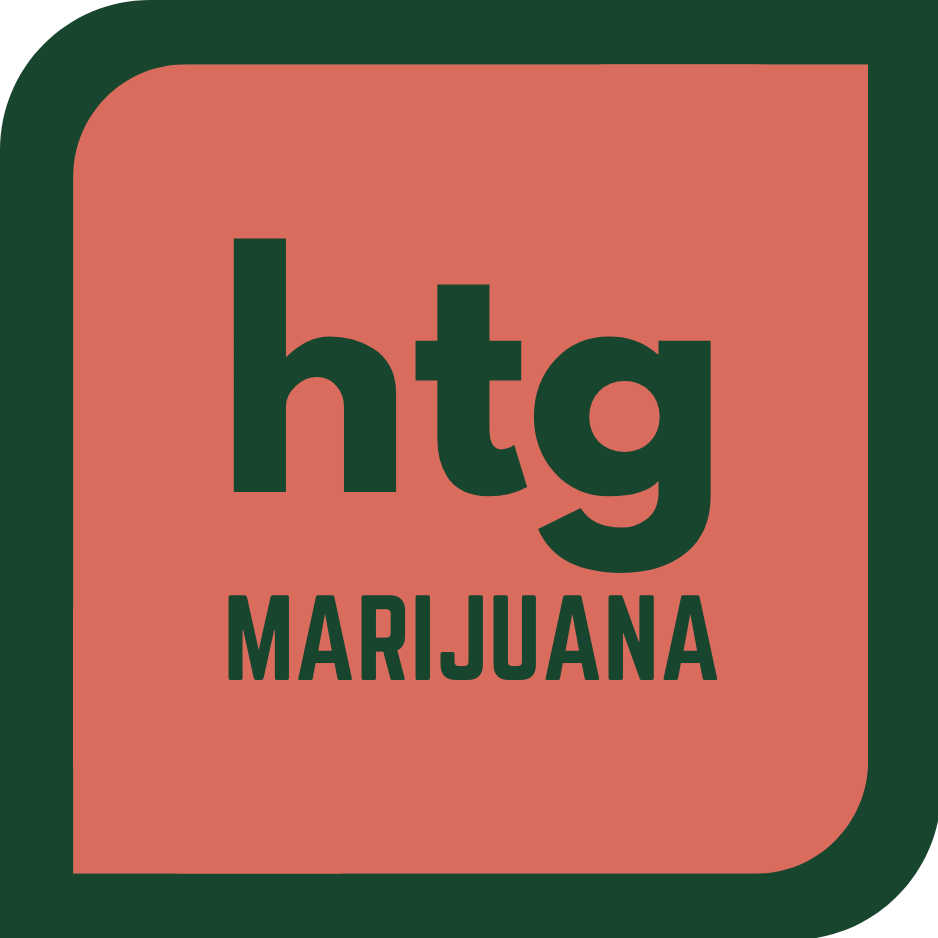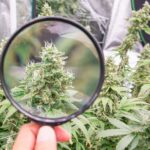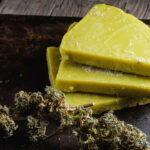The Best Fluffy Pancakes recipe you will fall in love with. Full of tips and tricks to help you make the best pancakes.
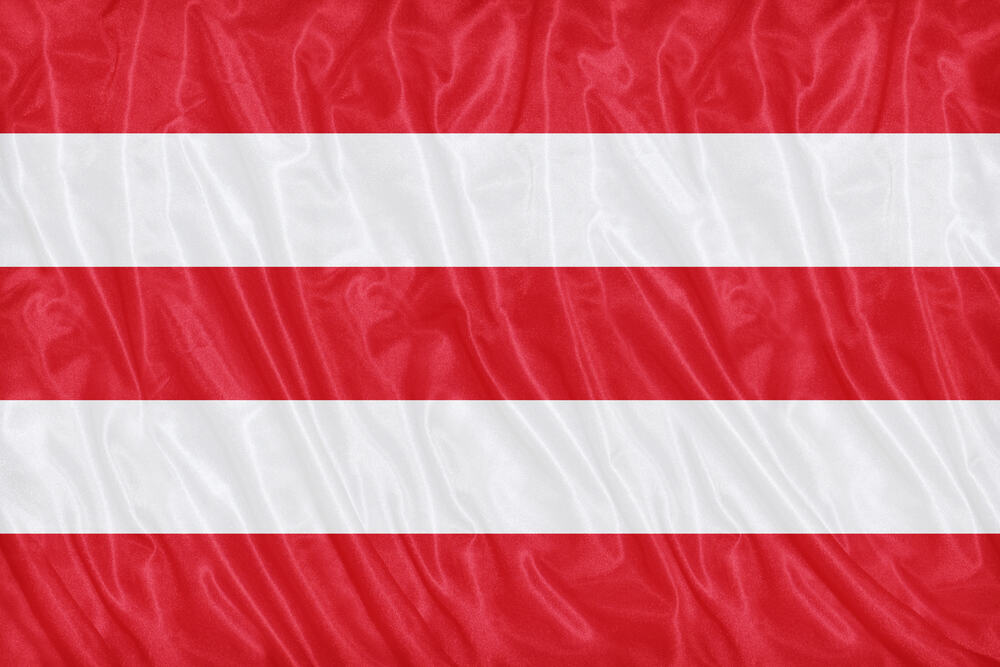
Is Weed Legal in Bora Bora?
If you’re heading to Bora Bora—arguably one of the most beautiful islands on Earth—you might be wondering if you can roll up something green while watching the sun dip into a turquoise lagoon. It’s a fair question. Bora Bora feels like paradise, and for many cannabis lovers, paradise and pot go hand in hand. But before you pack your stash or start asking locals for weed, there’s something you need to know: Bora Bora is not Amsterdam.
I’m a cannabis breeder and grower who’s seen it all—tight regulations, grey areas, outright bans, and the slow grind of reform. So let me walk you through the real deal when it comes to weed in Bora Bora. This article will guide you through the legal status, penalties, local attitudes, medical possibilities, and what the future might hold. Whether you’re a curious tourist or a cannabis enthusiast dreaming of tropical tokes, I’ve got your back.
Overview of Cannabis Legality in Bora Bora
Legal Status for Recreational Cannabis
Recreational cannabis is illegal in Bora Bora. The island may look like paradise, but when it comes to weed, the laws are strict and clear-cut. Bora Bora is part of French Polynesia, which is an overseas collectivity of France. That means French law applies—especially when it comes to drug policy.
Cannabis is classified as a narcotic under French Polynesian law, and recreational use is banned outright. This isn’t the type of place where you’ll find cannabis cafés or legal dispensaries. Even personal use, such as lighting up a joint on the beach, is considered a criminal act.
So if you were picturing yourself sparking up some homegrown fire while lounging in a hammock, it’s best to rethink that plan. This isn’t a grey area or a wink-wink, nudge-nudge culture. Recreational weed is a no-go here.
Legal Status for Medical Cannabis
Medical cannabis is also mostly illegal in Bora Bora—but that might be changing. Up until very recently, French Polynesia didn’t recognize any legal use of cannabis, medical or otherwise. However, in 2023, there was a notable shift when French Polynesia’s assembly voted to allow the use of medical cannabis under controlled circumstances.
That said, don’t expect dispensaries or patient programs to be in place just yet. The legislation was aimed at setting up a framework, not opening the floodgates. For now, only residents who meet very specific medical criteria might gain access, and it’s still unclear how that system will be implemented—or when.
If you’re visiting the island, you won’t be able to bring your medical weed with you legally, even if it’s prescribed in your home country. The law does not currently recognize foreign prescriptions or medical cannabis cards.
Legal Penalties and Enforcement
Possession and Use: Fines and Jail Time
Getting caught with cannabis in Bora Bora is not something you want to experience. The possession of cannabis—even a small amount—can lead to serious legal consequences.
Here’s what’s on the table:
- Fines: You could be hit with a monetary penalty ranging from a few hundred to several thousand euros depending on the amount and intent.
- Imprisonment: Possession charges can lead to jail time—up to a year for simple possession, and more if you’re caught with quantities that suggest trafficking.
- Criminal Record: Yes, even tourists can end up with a record, which might affect future travel or employment.
French Polynesia doesn’t take a relaxed view of casual use. If you get caught, there’s a good chance you’ll face both legal action and the embarrassment of dealing with the authorities in a foreign country. There’s no special treatment for travelers, and saying “I didn’t know” won’t change much.
Sale, Distribution, and Cultivation: Penalties and Legal Risks
The law gets even harsher when it comes to anything that looks like distribution, trafficking, or cultivation.
Let me be clear:
- Selling or giving weed to someone else is treated as a major offense.
- Growing cannabis plants, even for personal use, is considered cultivation with intent to distribute.
- Importing or transporting cannabis, including edibles or oils, will land you in serious legal trouble.
These offenses carry penalties that can range from several years in prison to astronomical fines. French Polynesia, like many island nations, keeps tight control over drugs—and cannabis is no exception.
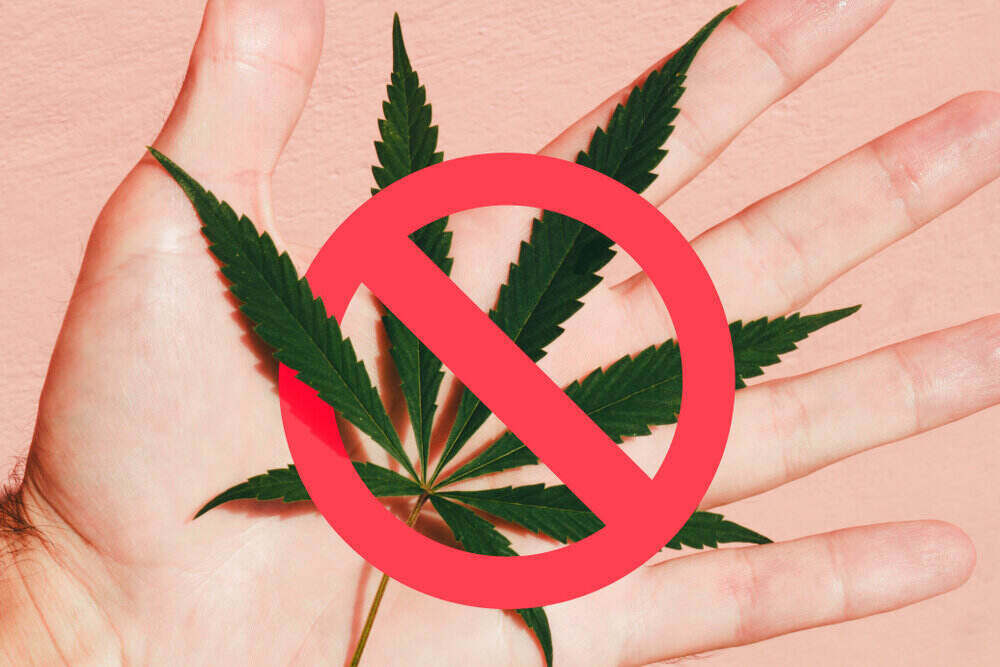
Cannabis Culture and Practical Realities
Prevalence and Local Attitudes Toward Use
Despite the strict laws, cannabis use does exist in Bora Bora and across French Polynesia. Local attitudes vary. Among younger locals and some working in the tourism industry, there’s a low-key acknowledgment that cannabis is around, but it’s far from normalized.
This isn’t California or even Spain—there’s no open cannabis scene or pro-cannabis movement. Use tends to be hidden and private, often within trusted circles. You won’t see anyone lighting up on the beach or at resorts. Locals know the risks, and they treat cannabis as something that could get them into serious trouble.
So while weed might be available in the shadows, don’t mistake its presence for social acceptance.
Availability Despite Illegality
Cannabis is illegal, but that doesn’t mean it’s impossible to find. Like in many parts of the world where it’s banned, there’s a low-level black market operating behind the scenes. Some tourists have reported being offered weed by boat operators, bartenders, or drivers, but that comes with a huge disclaimer—you’re risking it all.
Buying from someone you don’t know in a foreign country opens you up to scams, arrests, or worse. You could end up buying poor-quality or contaminated product. Worse yet, you might be dealing with someone who tips off the police for a reward.
Bottom line? Just because you can doesn’t mean you should.
Risks Involved for Tourists
As a tourist, you’re especially vulnerable. You don’t know the landscape, the players, or the consequences. Here’s what I tell people who ask me if it’s worth the risk:
- You could get arrested and miss your flight home
- You might pay massive fines that kill your vacation budget
- You could be banned from returning to French Polynesia
- You’ll probably face zero sympathy from law enforcement
In short, it’s a gamble with high stakes and low reward.
Medical Cannabis: Any Exceptions or Developments?
Legislative Moves Toward Medical Use in French Polynesia
In early 2023, something important happened. French Polynesia’s local assembly approved legislation that paves the way for controlled medical cannabis access. This law allows for the import and use of cannabis-derived pharmaceutical products under doctor supervision.
That’s a big shift for a region that had previously outlawed cannabis entirely. The law was backed by health professionals who argued for cannabis-based medicine to treat chronic pain, cancer symptoms, and certain neurological conditions.
What the Medical Cannabis Pilot Program Entails
The pilot program allows specific cannabis-derived medicines—like Sativex or Epidiolex—to be prescribed by local doctors. However, it doesn’t legalize raw flower, concentrates, or edibles. And at the time of writing, the infrastructure for dispensaries, cultivation, or wide-scale distribution hasn’t yet been built.
So while the legislation opens the door, it’s just the first step. The implementation will take time, and access will likely be limited to those with verified medical conditions who are long-term residents.
Relevance (or Not) for Tourists
If you’re thinking, “I’ve got a medical card back home, I’ll just bring my stash,” think again. French Polynesia does not recognize international medical cannabis authorizations. That means:
- You can’t bring your weed with you legally, even if prescribed.
- You won’t be able to access local cannabis products as a tourist.
- If caught with medical weed, you’ll be treated the same as any other offender.
In practice, the new medical laws are not relevant to visitors—at least not yet.
Outlook: Is Legalization Likely?
Current Political and Social Climate
The political climate in French Polynesia is showing early signs of change. The passing of medical cannabis legislation marks a significant shift, but full legalization—especially for recreational use—is still a long way off.
Cultural conservatism, concerns about youth access, and the close legal ties to mainland France make sweeping reform unlikely in the short term. For now, cannabis is still seen more as a controlled substance than a wellness product or lifestyle choice.
Comparisons with Global Trends
Globally, we’re seeing a domino effect when it comes to cannabis reform. Countries like Thailand, Germany, and parts of Latin America are loosening restrictions. Even France is exploring limited medical cannabis trials. So it’s not outlandish to think that French Polynesia might follow suit eventually.
But small island nations tend to move cautiously, especially where tourism and international reputation are involved. The most likely future is slow, carefully regulated expansion of medical access—not recreational legalization.
Conclusion
So, is weed legal in Bora Bora? No. Recreational cannabis is banned, and even medical use is tightly controlled and not available to tourists. While you might hear whispers of weed or even see it passed around in private circles, the risks for possession, use, or buying cannabis are serious—and they’re not worth gambling your dream vacation on.
As a cannabis breeder and grower, I totally understand the desire to light one up in paradise. But as someone who respects the plant and the law, I also know that timing matters. For now, if you’re heading to Bora Bora, leave your stash at home and enjoy the natural high of island life. When cannabis finally gets its green light in French Polynesia, I’ll be the first to celebrate—and I’ll bring the seeds.
